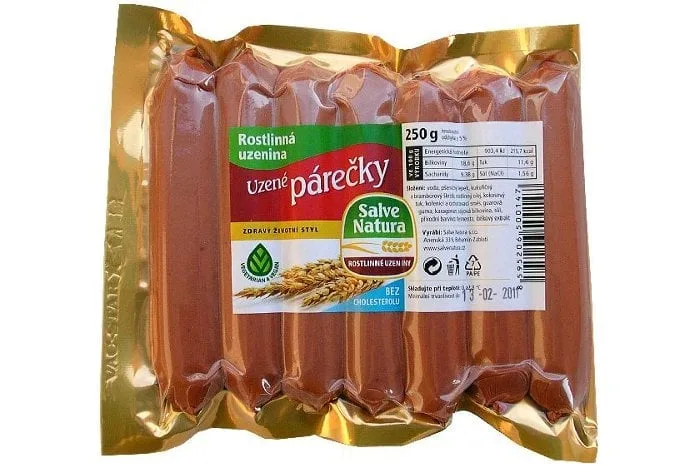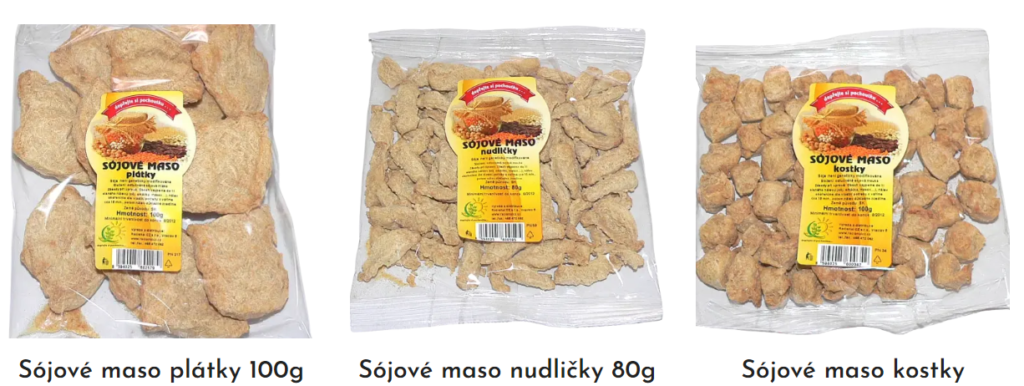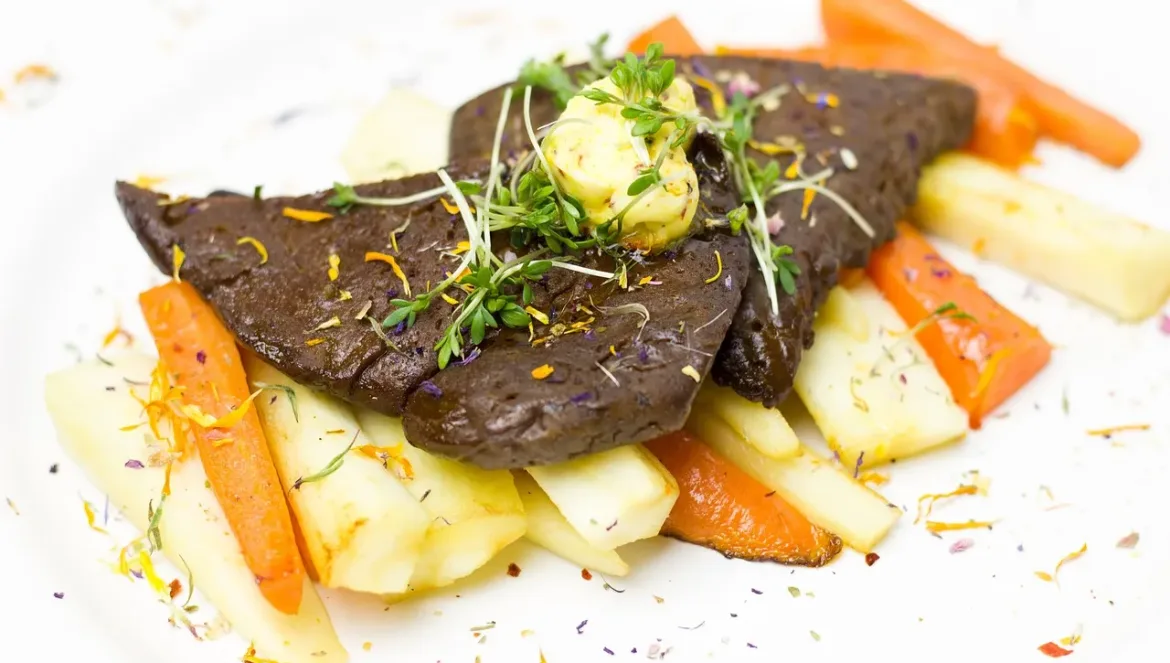Agriculture Minister Marek Výborný demonstrated a 180-degree turn. At the end of last year, he prepared an amendment to the decree, which was supposed to restrict the use of nomenclature for meat products. However, under pressure from unusually strong criticism from activists, he turned around and will not submit a list of protected names for meat products under the decree. In the past, not only farmers and food producers, but also many independent experts have supported the proposal for restrictions.
The list of protected names for meat products was intended only to define the quality requirements for meat products. Farmers and food producers have long taken the view that names such as sausage, sausage or schnitzel should only be used for products with a clear composition. However, vegan foods are not yet defined in any way and have a completely different nutritional value. Consumers may therefore think that the product in question has the same nutritional role as its animal counterpart, even though the food in question has no such properties at all.
The decree did not prohibit anyone, it only specified under what circumstances selected food names could be used. Under the proposal, it was still possible to produce, for example, cabbage meatballs. The term 'meatball' was specified in the original proposal as a meat product, which is traditionally what a cabbage meatball is, as it contains minced meat as an ingredient. The term 'schnitzel' was indeed reserved for meat products under the proposal, but according to the information available, no food company produces mushroom schnitzel and the proposal did not restrict the use of the designation 'mushroom in a triple wrapper', which is quite traditional.
Thus, the proposed amendment was only an addition to some specifications that were not previously necessary to implement in view of the market situation. Past experience has also shown that if the legal names are not specified, the quality of products on the market drops relatively quickly. This is mainly due to pressure on price and a move away from the use of more expensive raw materials.
"Defining product requirements is perfectly legitimate. If we didn't do this, the quality on the market would deteriorate. All Member States have similar decrees and in many cases much more detailed. The aim of these decrees is to make it easier for consumers to navigate the range of products they can find in the shops and to identify clearly and simply products that parasitise on established food names in an attempt to give the impression that they have the same characteristics as a traditional product," added the President of the Food Chamber Dana Večeřová.

It is also important to draw attention to the misleading statements made in recent weeks by proponents of plant-based diets who have claimed that the animal name gives the consumer an intuitive idea of the shape, taste and use of the product. Farmers and food producers are strongly opposed to such statements. The products in question certainly do not fulfil the same role in nutrition as their animal counterparts.
"Imitation foods of animal origin misuse terms from the meat industry. Often these are misleading and deceptive claims in an attempt to steal the traditional names of animal products. Quality parameters are out of the question. Soya, for example, is a very strong allergen for many consumers. If these alternative products are to succeed on the market, it cannot be at the cost of misleading advertising,' said the President of the Agrarian Chamber of the Czech Republic Jan Doležal.
The need to regulate the names of plant foods that imitate foods of animal origin has also been highlighted by experts. In many cases, the nutritional value of plant products imitating foods of animal origin is inferior. Often they do not contain essential nutrients and in some cases not even protein.
"Perhaps the minister should pay more attention to the silent majority of his electorate, and not make decisions based on the number of e-mails sent to him by activists, multinationals and paid lobbyists. In addition, they use a nice fairy tale about a mushroom cut in their communications, but nobody has ever seen it. And about the meatball, which Magdalena Dobromila Rettig defined in her cookbook more than two hundred years ago. So, the number of e-mails and the money of multinationals have decided on a laboriously prepared decree. We are therefore as old as the meatball," added the Chairman of the Board of the Czech Meat Processors Association Jaromir Kloud.

In this context, it should be added that the aim is to unify the names correctly. In the past, for example, the labelling of domestic rum, which is made from potatoes, was dealt with. However, real rum must be made from cane. The European Court of Justice has also ruled on spreadable butter. The term 'butter' can only be used in the common European market to describe a product which contains at least 80 % of milk fat. Czech spreadable butter has only between 31 and 36 %. Even in this case, it could not be considered sufficient to specify the products by using the adjectives 'domestic' or 'spread'.
Farmers and food producers are convinced that the representatives of alternative food producers were not so much bothered by the amendment to the decree, but rather by the recent judgment of the European Court of Justice. This clarifies the view of legal names and the way they are used. In its reasoning, it reinforces the role of legal names and de facto says that they cannot be circumvented by additional names. For example, 'vegan meat' will not be allowed to be used by suppliers. That is why some organisations are calling not only for the decrees to no longer be updated, but also for the existing requirements, which they have been used to circumventing, to be abolished.
Food Chamber/ gnews.cz - RoZ
PHOTO - pixabay, vitalia.cz, racional.cz




2 comments
mature prostitutes in Voronezh
Your point of view caught my eye and was very interesting. Thanks. I have a question for you. 打开Binance账户